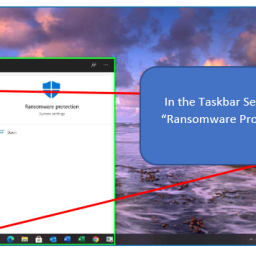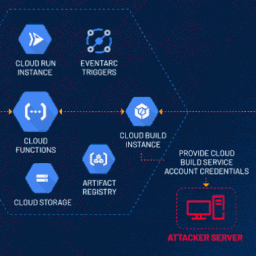
Washington, DC – Today, CISA, the Federal Bureau of Investigation (FBI), Europol’s European Cybercrime Centre (EC3), and the Netherlands’ National Cyber Security Centre (NCSC-NL) released a joint Cybersecurity Advisory (CSA), #StopRansomware: Akira Ransomware, to disseminate known Akira ransomware tactics, techniques, and procedures (TTPs) and indicators of compromise (IOCs) identified through FBI investigations as recently as February 2024.
Evolving from an initial focus on Windows systems to a Linux variant targeting VMware ESXi virtual machines, Akira threat actors began deploying Megazord (a Rust-based code) and Akira (written in C++), including Akira_v2 (also Rust-based) in August 2023. Akira ransomware has impacted a wide range of businesses and critical infrastructure entities in North America, Europe, and Australia and claimed approximately $42 million (USD) in ransomware proceeds.
Early versions of the Akira ransomware variant were written in C++ and encrypted files with a .akira extension; however, beginning in August 2023, some Akira attacks began deploying Megazord, using Rust-based code which encrypts files with a .powerranges extension. Akira threat actors have continued to use both Megazord and Akira, including Akira_v2 (identified by trusted third party investigations) interchangeably.
ACTIONS TO TAKE TODAY TO MITIGATE CYBER THREATS FROM AKIRA RANSOMWARE:
- Prioritize remediating known exploited vulnerabilities.
- Enable multifactor authentication (MFA) for all services to the extent possible, particularly for webmail, VPN, and accounts that access critical systems.
- Regularly patch and update software and applications to their latest version and conduct regular vulnerability assessments.
CISA and partners encourage critical infrastructure organizations to review and implement the mitigations provided in the joint CSA to reduce the likelihood and impact of Akira and other ransomware incidents. For more information, see CISA’s #StopRansomware webpage and the updated #StopRansomware Guide.
0














